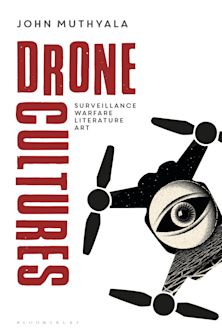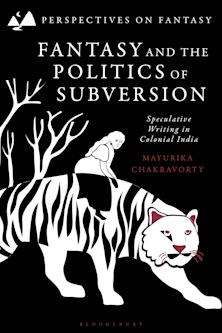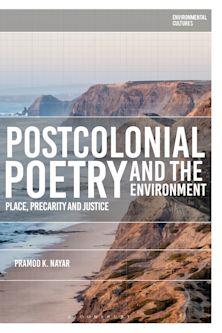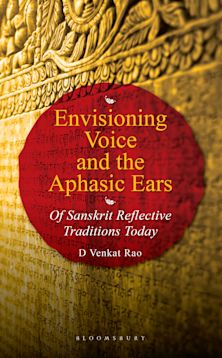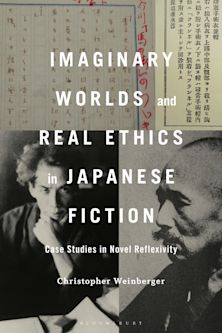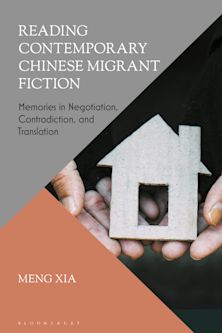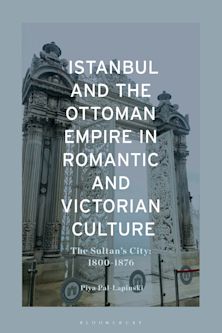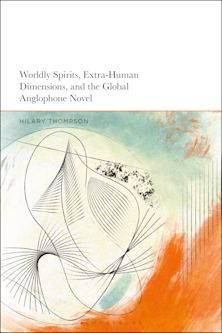The Politics and Literature Debate in Postwar Japanese Criticism, 1945–52
The Politics and Literature Debate in Postwar Japanese Criticism, 1945–52
This product is usually dispatched within 3 days
- Delivery and returns info
-
Free US delivery on orders $35 or over
Description
In the wake of its defeat in World War II, as Japan was forced to remake itself from “empire” to “nation” in the face of an uncertain global situation, literature and literary criticism emerged as highly contested sites. Today, this remarkable period holds rich potential for opening new dialogue between scholars in Japan and North America as we rethink the historical and contemporary significance of a number of important issues, including the meaning of the American occupation both inside and outside of Japan, the shifting semiotics of “literature” and “politics,” and the origins of crucial ideological weapons of the cultural Cold War.
This collection features works by Japanese intellectuals written in the immediate postwar period. These writings—many appearing in English for the first time—offer explorations into the social, political, and philosophical debates among Japanese literary elites that shaped the country’s literary culture in the aftermath of defeat.
Table of Contents
Part I: The Politics and Literature Debate
Chapter 1: Art, History, Humanity, Honda Shugo (Translated by Scott Mehl, annotated by Richi Sakakibara and Mariko Takano)
Chapter 2: Second Youth, Ara Masahito (Translated and annotated by William H. Bridges and Junko Yamazaki)
Chapter 3: Who Are the People?, Ara Masahito (Translated by David Boyd, annotated by Richi Sakakibara and Mariko Takano)
Chapter 4: The Responsibility of Writers: A Roundtable Discussion, Ara Masahito, Odagiri Hideo, Sasaki Kiichi, Haniya Yutaka, Hirano Ken, and Honda Shugo (Translated by Patrick Schwemmer and Tomoko Takeuchi Slutsky, annotated by Noriko Yamaguchi)
Chapter 5: An Antithesis, Hirano Ken (Translated and annotated by Junko Yamazaki, with William H. Bridges, Patrick Schwemmer, Kaori Shiono, Joshua Solomon, Mariko Takano, and Noriko Yamaguchi)
Chapter 6: Establishing Criteria, Hirano Ken (Translated and annotated by Miyabi Goto)
Chapter 7:
Product details
| Published | Mar 23 2018 |
|---|---|
| Format | Paperback |
| Edition | 1st |
| Extent | 358 |
| ISBN | 9780739180761 |
| Imprint | Lexington Books |
| Dimensions | 9 x 6 inches |
| Series | New Studies in Modern Japan |
| Publisher | Bloomsbury Publishing |
Reviews

ONLINE RESOURCES
Bloomsbury Collections
This book is available on Bloomsbury Collections where your library has access.












